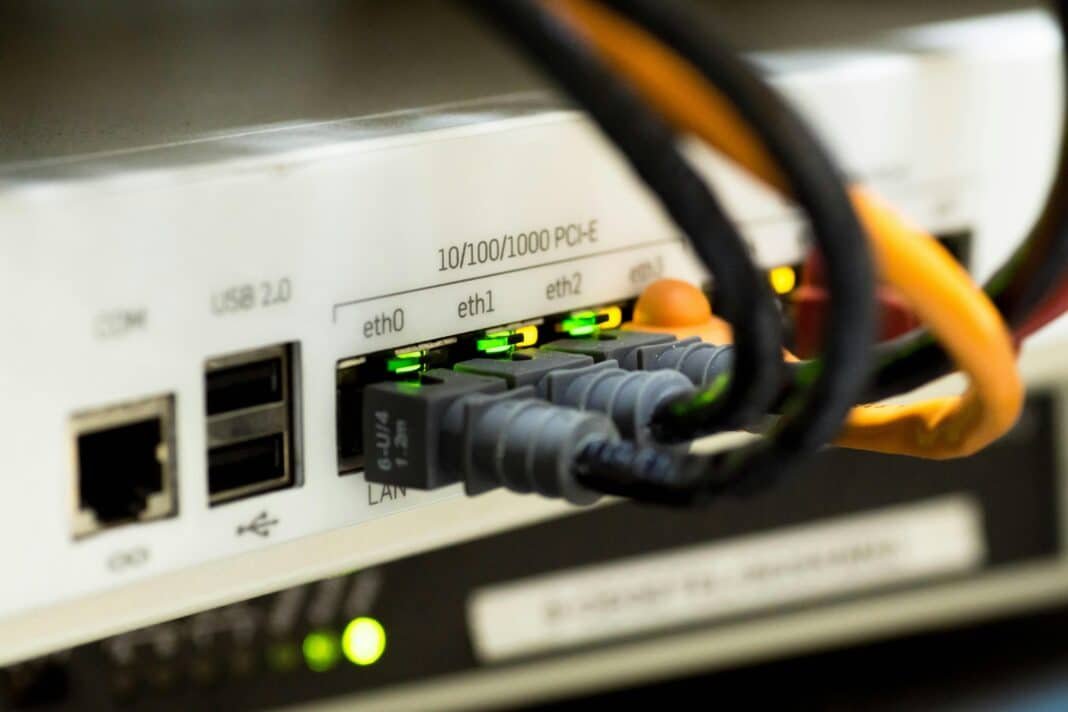AI Solution: Forecasting Type 2 Diabetes Misdiagnosis Ten Years Ahead
In an exciting step forward, two major NHS hospital groups in London use artificial intelligence (AI) to detect type 2 diabetes up to 10 years before symptoms appear. This initiative, led by Imperial College and Chelsea and Westminster Hospital NHS Foundation Trusts, is a big leap in preventing diseases and offers hope to many people at risk of diabetes and related health issues.
At the center of this development is an AI technology called Aire-DM, which is being trained to scrutinize patients’ electrocardiogram (ECG) heart traces. Tests for the AI are set to begin in 2025. So far, in early trials, the AI has shown about 70% accuracy in predicting diabetes, which is a significant step forward.
How Aire-DM Works: The Science Behind the Breakthrough
Cardiovascular diseases can be diagnosed using ECG, a standard test that reveals the person’s heart activity. The unique thing about Aire-DM is that it can process millions of ECG data points and find patterns that could indicate a risk of future diabetes, and these patterns are mainly invisible to the naked eye. These patterns consist of tiny deviations in electrical signals, minute alterations in waveforms, and gradual shifts in the times of electrical activation.
When Aire-DM is combined with other patient information such as age, sex, blood pressure, and weight, its predictive power increases significantly. Dr. Fu Siong Ng, the research lead, explains that “there is an ability for AI to spot changes in ECG readings where the differences are so slight. ” One is provided with a detailed risk assessment before any conventional blood sugar measurements are taken and certainly before signs of trouble.
Why Early Detection Matters
Type 2 diabetes has the most profound consequences with Ai AI-diagnosed patients; over 500 million individuals globally suffer from heart problems, kidney failure, blindness, and limb amputations due to type 2 diabetes. Therefore, this technology can ideally diagnose the disease at a stage where lifestyle changes such as diet and exercise can still delay the affliction.
According to Professor Bryan Williams, Chief Scientific and Medical Officer at the British Heart Foundation, Aire-DM is revolutionary. He points out that with the proper AI insight, ordinary healthcare appointments can be transformed into proactive medical interventions, saving valuable resources for the healthcare system.
Scaling Up: The Future of Aire-DM in the NHS
With Aire-DM, the NHS in England hopes to be the first in the world to perform large-scale testing, hoping to be the first system to utilize technology broadly. Participating hospitals will enroll up to 1,000 patients in the pilot study to test the AI system. If claimed effective, Dr. Libor Pastika’s dream of seamlessly incorporating AI into everyday ECG screenings and serving as a predictor of diabetes will no longer be a dream. With positive results from testing, Aire-DM could be utilized in preventative care for diabetes within five years as part of standard medical practice and reduce the risk level monitoring to real-time with wearable devices.
A Leap to Enhanced Health
It is unnecessary to have a deep knowledge of AI in healthcare to realize how medicine is constantly changing, especially with the vision of AI. Offering more than AI’s abilities, preventing and intervening early in many diseases is now more possible than ever. According to Dr. Faye Riley from Diabetes UK, there are around 1.2 million unknown cases of type 2 diabetes in the UK alone, and screening those people at first contact would be game-changing. AI would certainly help reach these goals. However, finer screening tools will be needed before diagnosing individuals.
Potential Drawbacks and Ethical Issues
Every positive aspect of Aire-DM has challenges. The deployment of AI-based technology into everyday routine medicine has to undergo extensive evaluation, validation, and necessary trust building amongst all ends of the spectrum—clinicians and patients alike. Another major challenge is protecting data and privacy. Health information is highly sensitive and closely monitored, as it allows for detailed analysis. Ensuring this data stays confidential is extremely important.
While AI is proving capable of predicting risk, it still cannot provide individualized treatment plans tailored for specific patients. This is precisely when AI needs a human to make sense of the data and create appropriate remediation strategies.
A Step into the Future: Improved Health Outcomes
With the world struggling against an increasing diabetes epidemic, some innovations in Aire-DM have emerged that indicate shifts in first-world countries having AI-based diagnosis systems that will allow early and effective treatment for diabetes. If this achieves success, it is possible to implement it across the whole NHS and other health care systems as well. This might help eliminate the burden of type 2 diabetes on a global scale.
Currently, clinical trials will evaluate the effectiveness of Aire-DM on a larger population. If the results are as optimistic as previous studies, this AI-powered tool could initiate a new phase in addressing diabetes, helping millions maintain better health.
Wrap-Up: Embracing a New Era of Preventive Medicine
Aire-DM in diabetic patients is an advanced step toward better preventive medicine. Through AI, the healthcare industry can alleviate troubles associated with life prediction for decades. Prompt steps can be taken that can prove significant for maintaining health and cutting down healthcare costs.
Shortly, AI will play a pivotal role in daily medical practice, which seems promising. With the help of AI, health and wellness can be approached in a new light, starting from diagnostic gadgets to even wearable technology. The struggle against type 2 diabetes is incomplete, but with the advent of innovations like Aire-DM, we are steadily moving towards a more proactive and healthier future.
Reference
Hospitals trial AI to spot type 2 diabetes risk
NHS to begin world-first trial of AI tool to identify type 2 diabetes risk







[…] Can we spot type 2 diabetes risk with AI? […]